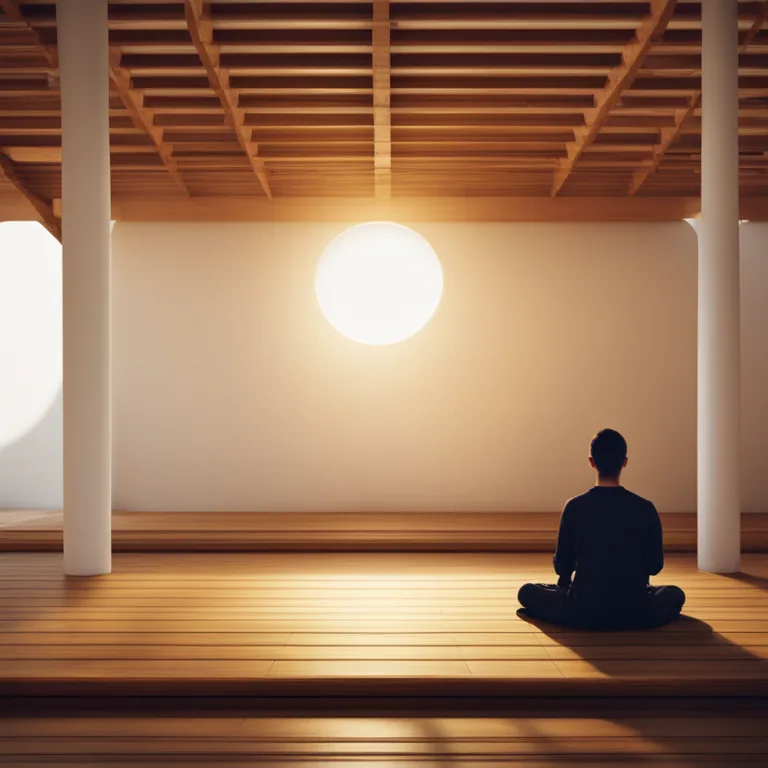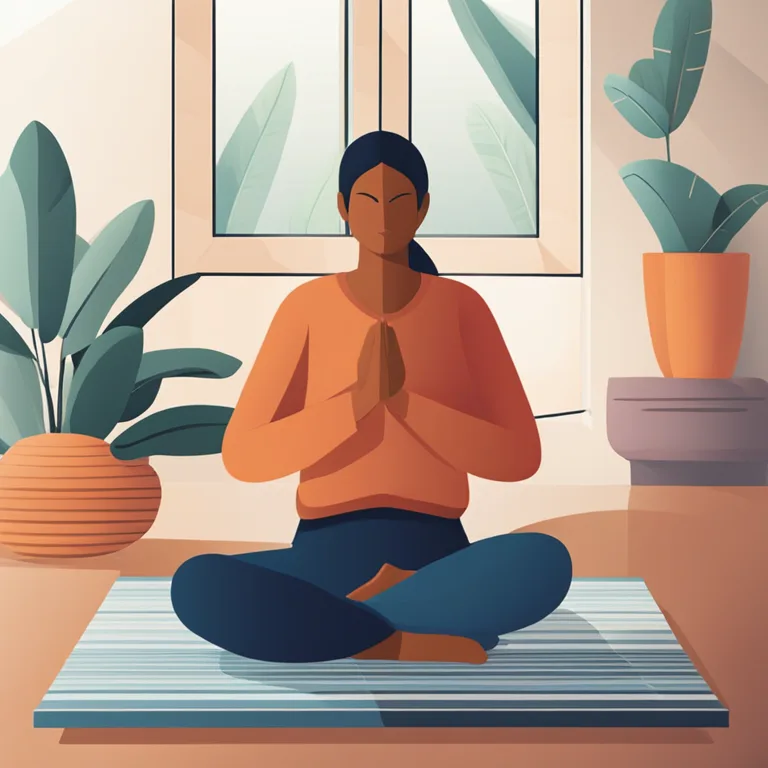
Beginner's Guide to Effective Meditation
Discover practical tips for starting a meditation practice that enhances mindfulness and well-being for beginners.
article by Hina Kurosawa
Starting Your Journey
Meditation has surged in popularity, becoming a staple in wellness routines worldwide. As a beginner, initiating your meditation practice can seem daunting amidst the wealth of information available. The key is to begin with a simple, structured approach. Start by choosing a quiet and comfortable spot where you won't be disturbed. Aim for a clutter-free area that induces calmness. Set a specific time for your practice, preferably during the morning or evening when distractions are minimal. Your initial goal should be consistency rather than duration; as little as five minutes a day can seed the habit effectively. Remember, meditation is a personal journey, and what works for one individual may not resonate with another. Explore various techniques, such as focused attention or mindfulness meditation, to discover your preferred style.

Understanding Posture and Comfort
A common misconception is that one must adopt a lotus position to meditate effectively. In reality, comfort is paramount. You can choose to sit on a chair with your feet flat on the ground, cross-legged on a cushion, or even lie down if it doesn't induce sleep. The critical aspect is to maintain a straight spine, which facilitates the flow of energy and helps in maintaining alertness. Additionally, consider closing your eyes to minimize visual distractions or lower your gaze if that's more comfortable. Use cushions or blankets to support your body and relieve any tension. Comfort in your physical body will translate to ease in your mental state, allowing you to engage more deeply in the practice.

Focus on Breathwork
Breathing is a central element of meditation. As a beginner, using the breath as an anchor for your attention can be profoundly effective. Inhale slowly, noticing the air moving through your nostrils, filling your lungs, and expanding your diaphragm. Exhale gently, observing the sensations of release and relaxation. When thoughts inevitably intrude, acknowledge them without judgment and redirect your focus back to your breath. This simple practice cultivates presence and teaches you to manage distractions. Over time, your breathwork can become deeper and more nuanced, as you become aware of the subtle shifts in your energy with each breathing cycle.

Embracing Patience and Consistency
Patience is a virtue, especially in meditation. The mindfulness and clarity you seek may not emerge immediately, and that's perfectly normal. Consistency is your ally; set a goal to meditate daily, integrating it into your routine like any other essential activity. Use digital tools like apps or online communities, which are more prevalent in 2024, to track your progress and stay motivated. Don't be disheartened if you miss a day; simply resume your practice without self-criticism. Over time, regular meditation can lead to a multitude of benefits, including reduced stress, enhanced emotional health, and improved attention span.

Incorporating Technological Aids
In our digital age, leveraging technology can augment your meditation experience. Numerous apps and virtual platforms offer guided sessions, ambient soundtracks, and progress tracking, fitting the 2024 meditative practices. They can provide structure and variety, making meditation more accessible and less intimidating for novices. Wearables that monitor physiological responses, like heart rate and breathing patterns, can also give you real-time feedback on your relaxation levels, helping you fine-tune your practice. However, it's vital to balance tech use, ensuring it supports rather than distracts from your meditation.
Meditation in Daily Life
Meditation doesn't end with your session; it's a mindset to carry throughout your day. Practice mindfulness in routine activities—eating, walking, or even waiting in line. Observe your sensations, the environment, or the task at hand with full attention. This cultivates a meditative awareness that benefits your overall well-being. Remember that mini-meditations, even a minute or two of deep breathing or focused awareness, can center you amidst a hectic schedule. By making mindfulness a regular part of life, the divide between meditation time and the rest of your day lessens, leading to greater inner peace and resilience.
Published: 12/20/2023
Modified: 12/20/2023
More predictions
Come back here soon to learn more about yourself and your future



